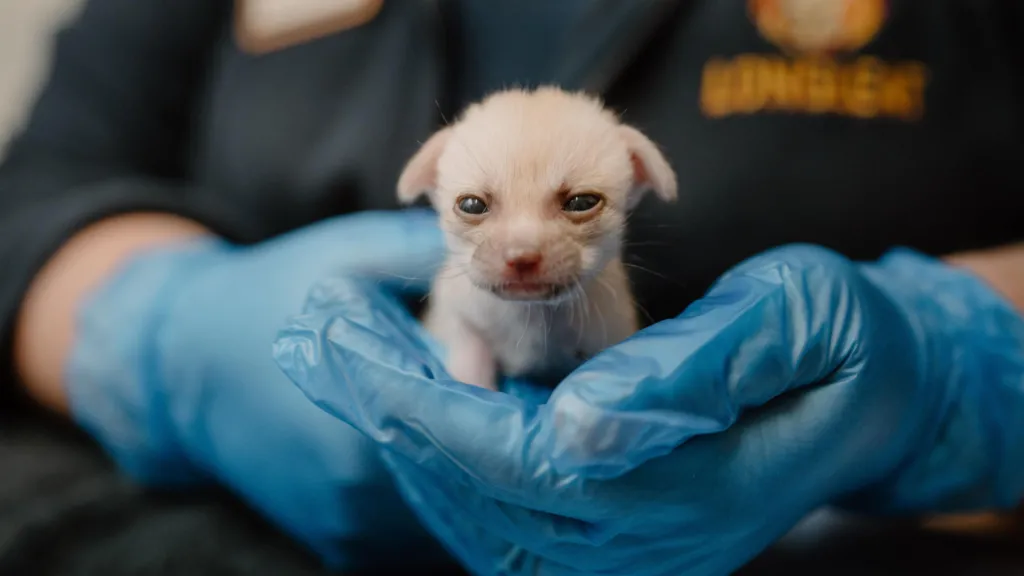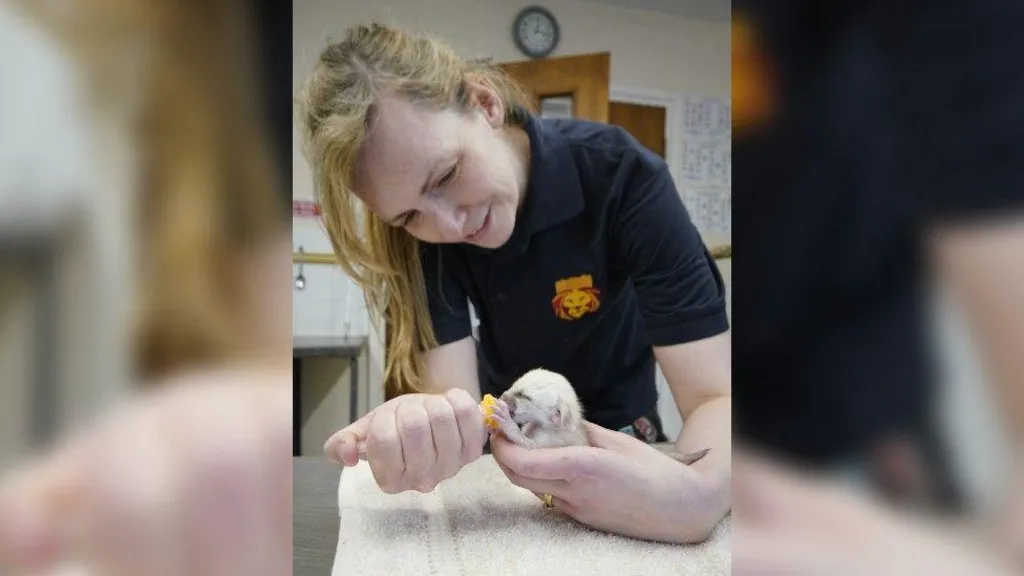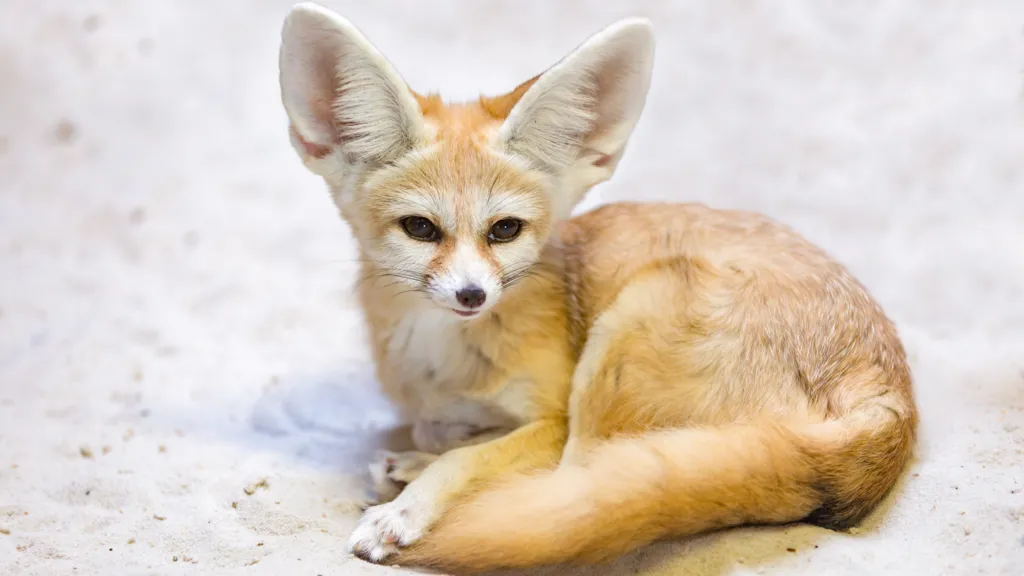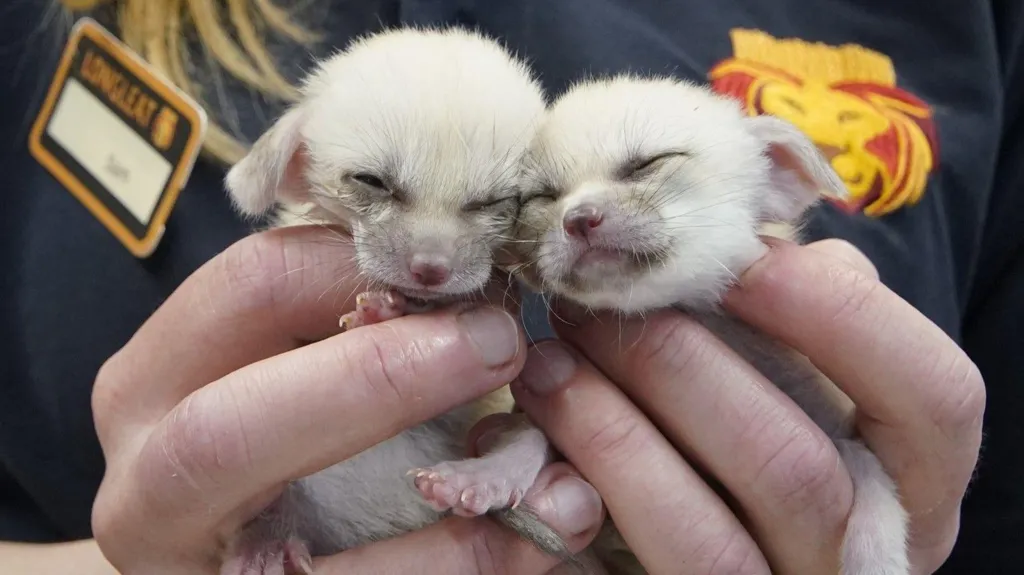Longleat has achieved a significant milestone with the successful breeding of fennec foxes for the first time in the park’s history.

The two adorable kits, weighing a mere 110 grams each, are currently under the care of dedicated staff at the Wiltshire safari park. Unfortunately, their mother lost a previous litter due to an inability to produce sufficient milk, highlighting the challenges faced in captive breeding programs.

Tragically, a third kit born alongside the two survivors did not survive beyond birth, underscoring the fragility of life in the animal kingdom.
Fennec foxes, native to the arid deserts of North Africa, possess distinctive oversized ears that aid in their hunt for prey, which includes small mammals and insects burrowed underground.
Longleat keeper Samantha Peeke, along with colleagues Gemma Short and Catriona Moy, have been providing round-the-clock care for the kits, with feeding sessions every two hours initially, transitioning to every three hours with longer breaks overnight.

“We are sharing the care so they don’t get attached to one of us as the aim is to reintroduce them to their mum and dad,” Samantha explained, emphasizing the importance of maintaining a bond with the fox parents.
The decision to hand-rear the kits was a last resort, as the mother, Zuri, had previously struggled to nurse her offspring due to insufficient milk production. Despite careful preparation, including the implementation of contingency plans, the first litter did not survive, prompting keepers to intervene with the second litter.
“After she lost the first three, we spent time preparing for the possibility of a further litter,” noted Catriona Moy, Team Manager of Animal Adventure and Lakes at Longleat.
While the hope is to eventually reintroduce the kits to their parents, the journey ahead remains uncertain. However, their birth holds significant importance for the European breeding program, highlighting the ongoing efforts to conserve and protect endangered species for future generations to appreciate and admire.
